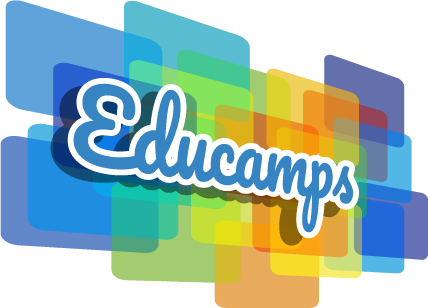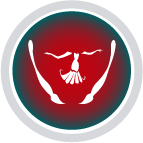No Hate Speech Academy
Where does the freedom of speech end?
Duration: 7 days
Recommended language level: A1 and above
BACKGROUND
The migration crisis and radicalisation of young people has led to an increase in so-called hate speech, feeding prejudice and negative stereotypes. The wide use of Internet, where people can comment anonymously, avoiding responsibility for our opinions only makes the situation worse. Young people are not only ‘bystanders’ to hate speech. Many are already victims, and some are perpetrators.
Prejudicial views are very difficult to change, because the power of prejudice frequently resists the test of reality. Because we tend to see reality from the perspective of our own convictions, we will often bend the facts accordingly. That is why stereotypes and prejudices need to be countered or balanced by facts and strategies which invite and motivate people to see other facets of the same reality and, hopefully, interpret them otherwise.
Hate speech is an attack on those who are often already vulnerable. It creates tension, embeds inequality and often leads to violence. The problem needs to be tackled, not only by raising awareness, but by teaching critical thinking and the capacity to evaluate the validity of information. Young people need to understand the dangers hate speech brings, but they also need to learn the conceptual tools that will allow them to react when confronted with prejudice. The No Hate Speech Academy will model a more respectful way of communication.
AIMS AND ACTIVITIES
Over the course of the programme, young people will discuss why people resort to hate speech; its consequences; and how to respond to it in a constructive manner, challenging prejudice and promoting non-violent ways of communication and civil courage.
The group will begin by defining freedom of speech and discuss where freedom of speech ends and where hate speech begins. As the week goes on, we will discuss the roots of hate speech and examples from the participants’ personal experience, such as bullying, cyberbullying and Internet safety issues. In addition, young people will learn about non-violent communication, and learn about the No Hate Speech Movement. In the final sessions, participants will think about actions and initiatives they can undertake to prevent hate speech in their schools and local communities. The programme will include options for other recreational and cultural activities, for example: sightseeing trips to nearby cities, hiking, visits to Adventure Parks, swimming in natural river pools and canoeing.
In addition, each morning there will be a language workshop, focusing on vocabulary linked to the theme of the day, with the aim of facilitating communication and participation.
OUTCOMES
Young people will learn how they can be more empathetic towards vulnerable groups and will be better able to challenge hate speech and encourage less violent ways of communication.
Young people will gain new and/or improved knowledge and skills:
Knowledge
-More awareness of the characteristics of hate speech.
-Awareness of the limitations of freedom of speech.
-Better knowledge of Internet safety.
-Awareness of non-violent communication. -Knowledge about the No Hate Speech Movement.
Skills
-Ability to communicate in a non-violent way. -Ability to ask for help in difficult situation.
-Ability to defend oneself and others.
-Ability to express opinions in a way that doesn’t hurt anyone.
-Better communication skills in English/Spanish.
Attitudes
-More empathetic approach to vulnerable individuals and groups.
-More courage in taking action to counter hate speech.
-More tolerant, respectful and flexible. -Perseverance and resilience.








